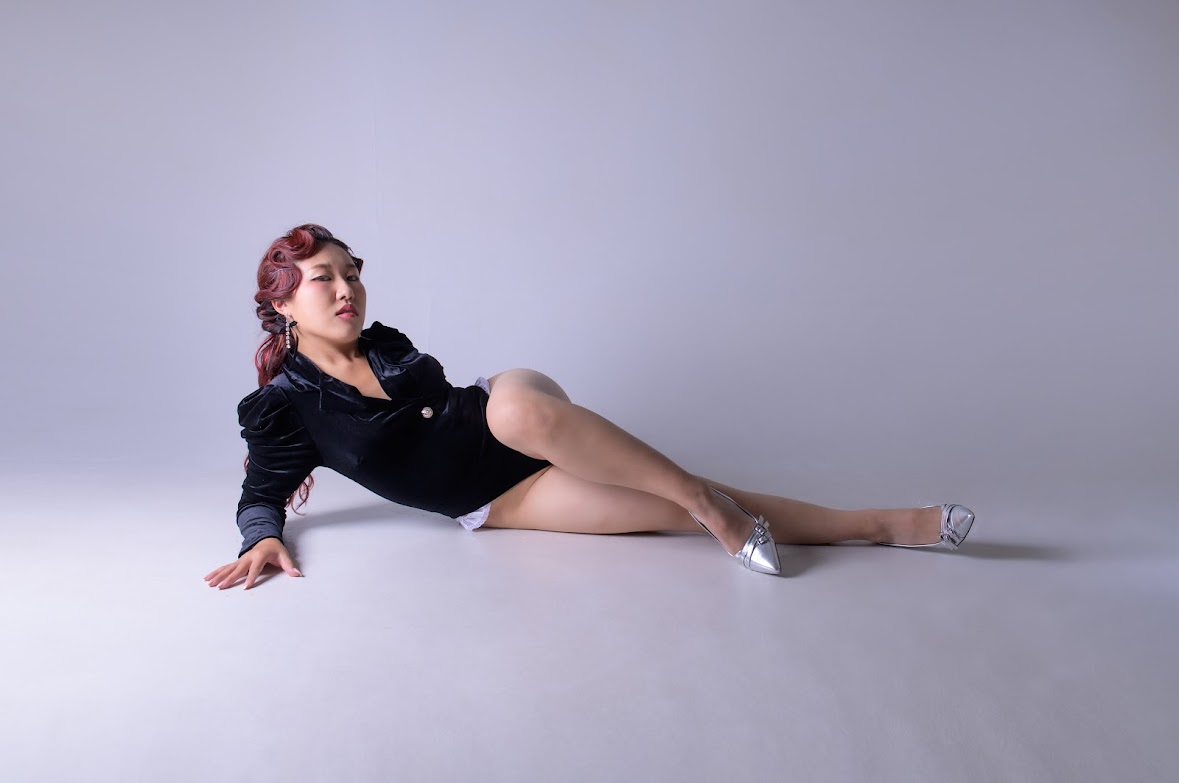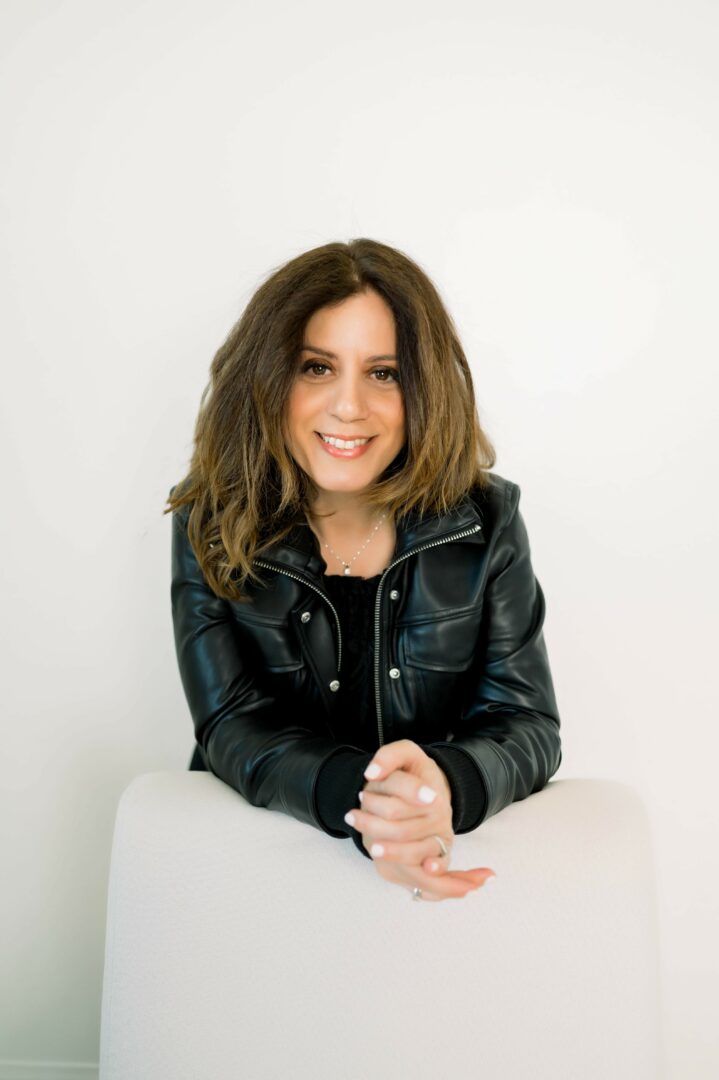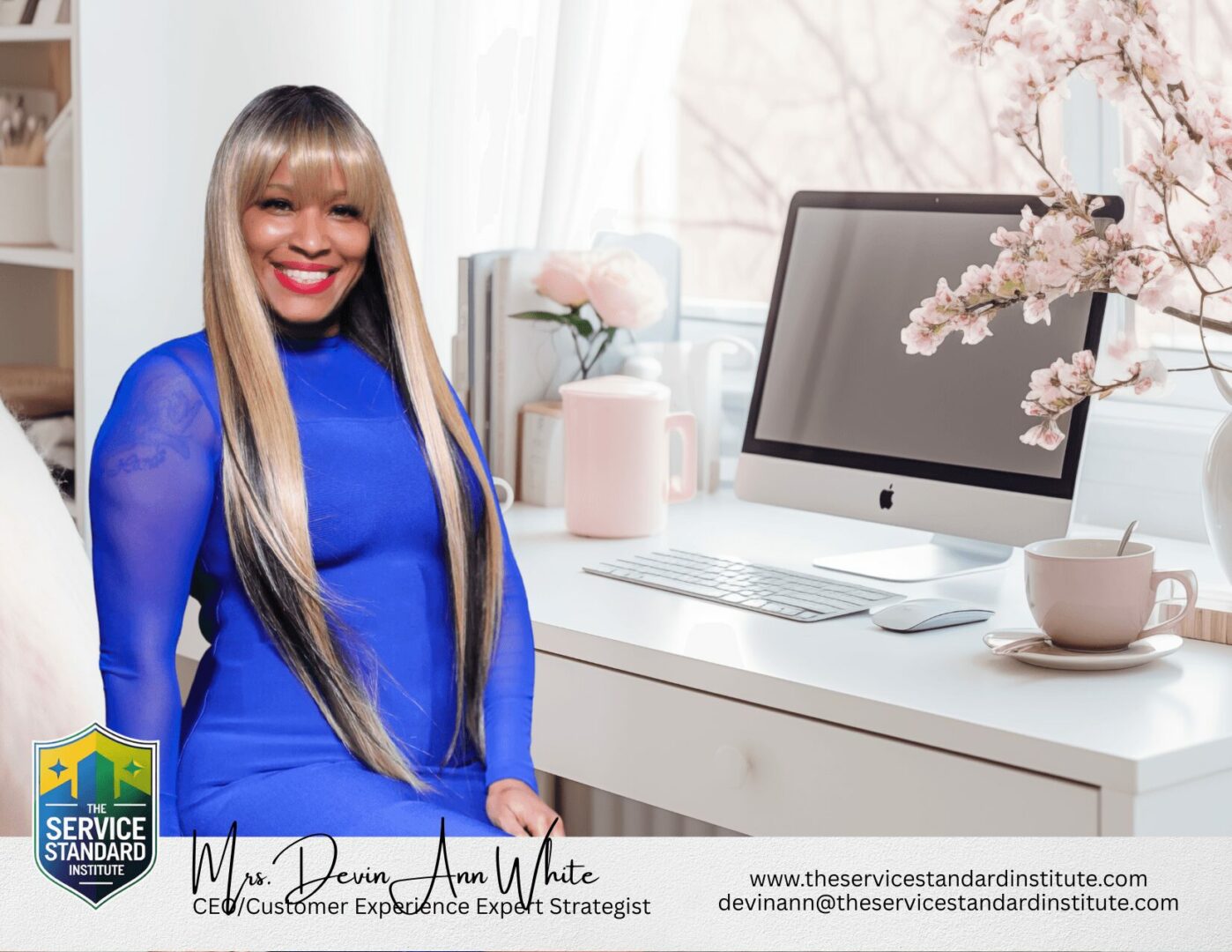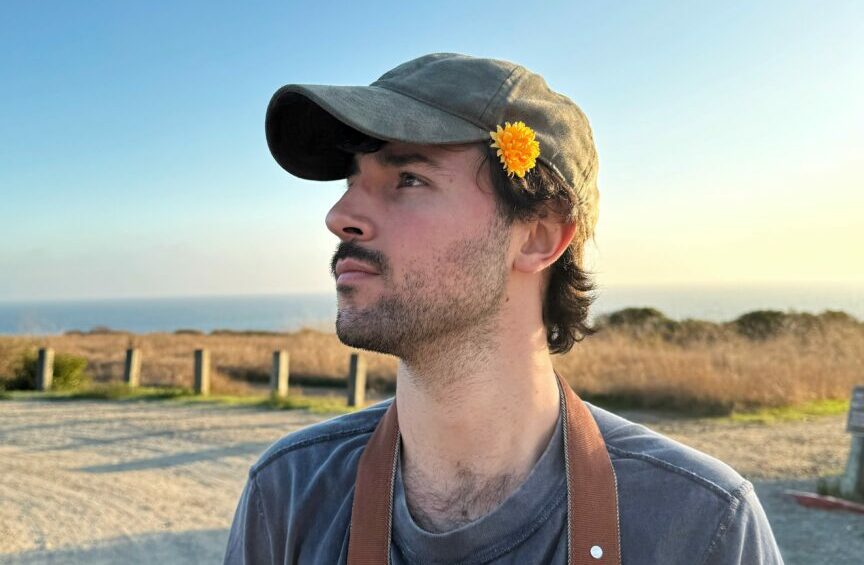We were lucky to catch up with Kaho Tokiwa recently and have shared our conversation below.
Kaho, thanks so much for taking the time to share your insights and lessons with us today. We’re particularly interested in hearing about how you became such a resilient person. Where do you get your resilience from?
I think about challenges and failures in three categories: personal, interpersonal, and environmental.
Personal failures stem from my own limitations—for instance, failing an audition or, on a smaller scale, forgetting my dance shoes at the bus stop. These are things I can’t blame on anyone else. The solution is clear: I need to improve myself. If I fail an audition, I train my mind, body, and technique until the next opportunity. If I forget something, I create a checklist to prevent it from happening again. The only way to avoid—or at least reduce—regret is to enhance my own abilities. Yet even knowing this in my head, my heart still feels disappointment, because that’s human. It’s important to process setbacks at my own pace while continuing toward my goals.
Interpersonal failures involve relationships—like confiding a secret to a friend who later shares it, or saying something harsh to a partner during a small argument. When I first arrived in the U.S., my English wasn’t strong enough to communicate deeply, so I didn’t know whom I could trust. I spent months alone, enduring loneliness. It was a difficult time, but the upside was that I never experienced betrayal.
Still, humans can’t live entirely alone; we rely on each other. Now, after more than a year and a half in LA, I have friends and collaborators I want to trust. Even if I were betrayed in the future, the feeling I had at the time—to trust—was genuine. My emotions were real, even if circumstances proved otherwise. And that’s enough.
Like personal failures, understanding this doesn’t always prevent feelings of sadness. That’s why it’s crucial to take time away from interpersonal stress, to be alone, and to focus on what I love. These pauses help me regain perspective and emotional strength.
Environmental failures are completely outside my control—like rain canceling an outdoor event or a train delay making me late. Unlike personal or interpersonal failures, there’s nothing I can do to change them.
In these situations, the best approach I’ve found over the past twenty years is to share my experience. Post a video on social media, message friends or family, jot it down in my notes app, or even talk to ChatGPT. Externalizing experiences—putting events and emotions into words or symbols—creates distance between myself and the situation. It feels as if my inner world empties for a moment.
We live in a technologically advanced era, and I think it’s important to use these tools to navigate life’s unpredictability. Sharing, expressing, and documenting experiences—these are the ways I build resilience.
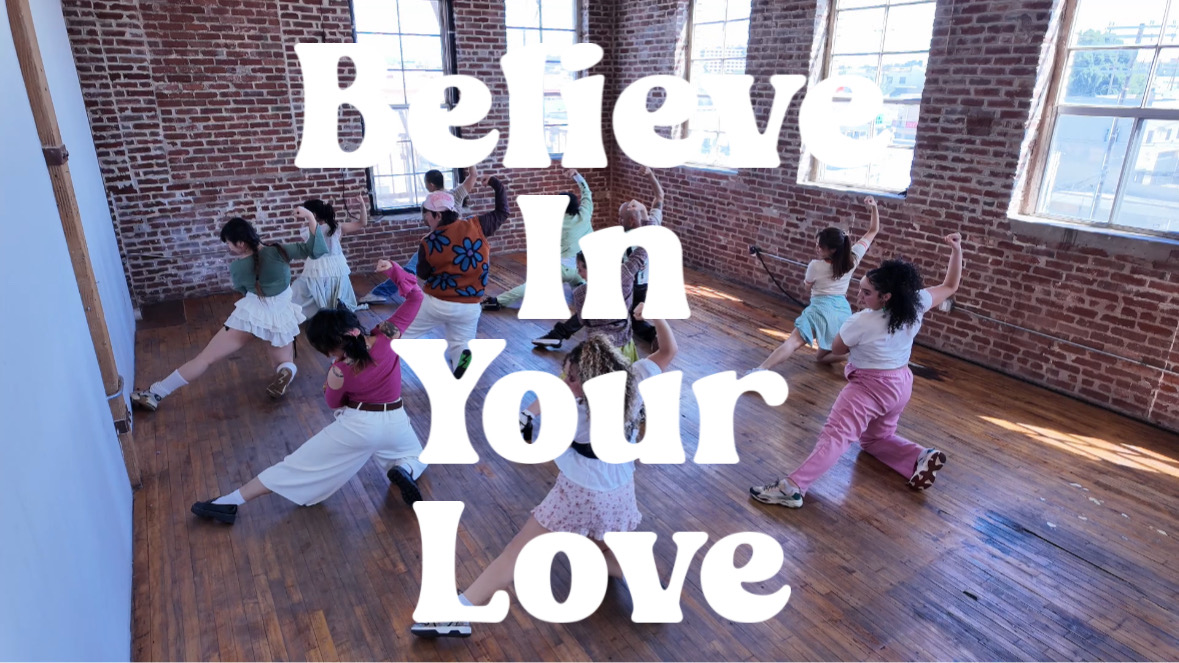
Thanks, so before we move on maybe you can share a bit more about yourself?
I currently live in LA and am studying English and dance. In Japan, I have worked in various jobs including choreographer, instructor, and event organizer etc.
My career started when I was 7 years old, joining the dance team of my local professional basketball team. Amazingly, within six months of starting dancing, I passed the open audition and became the youngest member of a professional dance team. After being a member of that team for several years, I lived in my hometown while traveling to other prefectures and was involved in Michael Jackson Tribute Live, POCARI SWEAT commercials, and various concerts.
In 2017, I moved to Tokyo to enter the Faculty of Law at Aoyama Gakuin University. While a university student, I expanded my career by exhibiting works in collaboration with L’Oréal Paris.Also, I won the award of CROWD FAVORITE in World of Dance World Final 2019 as a member of ASIAN WAACKING SENSATION. Also, I won the Audience Award out of about 90 works at the dance event called STEP JAM. At the time, voting systems using SNS became popular, and seeing so many people supporting the work and us choreographers gave us confidence.
During the COVID pandemic, there was almost no dance work, but I worked on online classes and video project. After graduating from university, I got a job at a health company during the COVID pandemic and worked as a stretch trainer or an operator. While working for the company, I continued to work as a dancer, and it was the experience I needed to confirm what I wanted to do with my life.
As a memorable work, I remember the competition between universities. I led a group of about 120 people and passed the first place in the preliminaries to advance to the finals. Also, when it comes to holding events, I held a dance event in Tokyo with my friends that attracted 170 people. The miracle of being able to share a fun and safe space with everyone, filled with gratitude for dance and friends who have enriched my dancing, always encourages me.
While cherishing Whacking, which is my core, I would like to take on a variety of challenges that are not bound by any framework. I hope that those who come into contact with my active lifestyle will be able to live a little more positively.
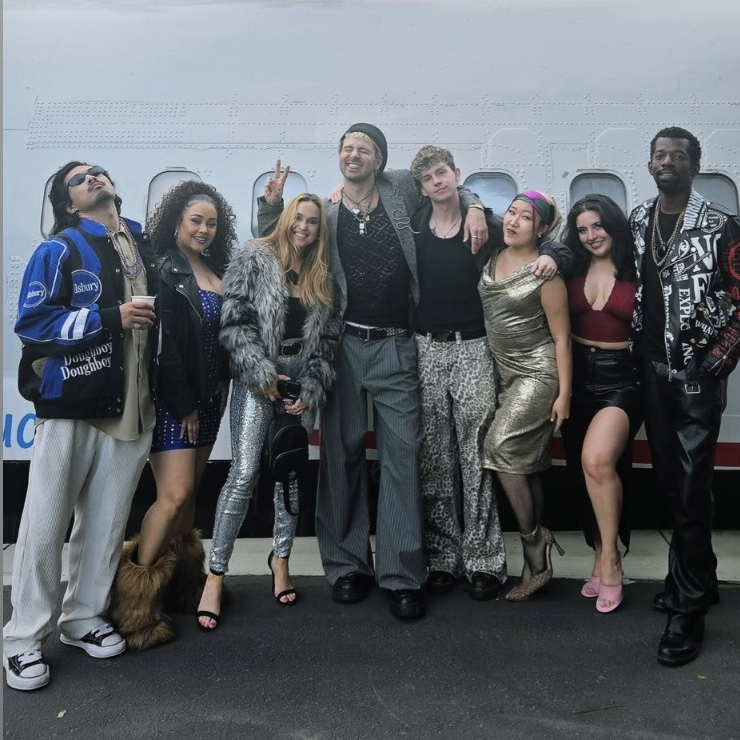
If you had to pick three qualities that are most important to develop, which three would you say matter most?
While I could list three qualities that have been most impactful in my journey, I think asking beginners to focus on three things at once might be overwhelming. So, I’ll focus on just one.
Looking back, I realize that one of the most impactful qualities in my journey has been self-confidence. Believing in myself has allowed me to take on challenges, learn from failures, and keep moving forward even when things were difficult.
There was one moment that truly shaped this belief. During a program led by a world-class choreographer—someone who had worked with Janet Jackson, Lady Gaga, and RuPaul’s Drag Race—they told me, “You were born to dance.” I had never fully believed in my own talent, but hearing this from someone who embodied what I had always imagined as the American dream left a lasting impression. From that moment on, I began to think: maybe I really was born to dance.
This experience taught me an important lesson: even if you don’t fully trust the abilities you’ve built over years, a single encouraging word from someone you admire can inspire confidence. Human thought is fragile and can shift instantly. I’ve come to embrace the mindset of “Fake it till you make it.” Acting as if you already have a skill can help you develop it over time.
For those early in their journey, my advice would be this: don’t underestimate yourself. If you feel confident in something, carry it through with pride. If you’re not quite there yet, act as if you are—and keep moving forward anyway. Over time, this act of “pretending” gradually becomes real ability. Experience accumulates, and eventually, you find yourself capable of what once seemed impossible.
To be clear, I don’t claim to always feel confident or to have perfect self-esteem. I simply act as if I do, because there’s no benefit in behaving otherwise.
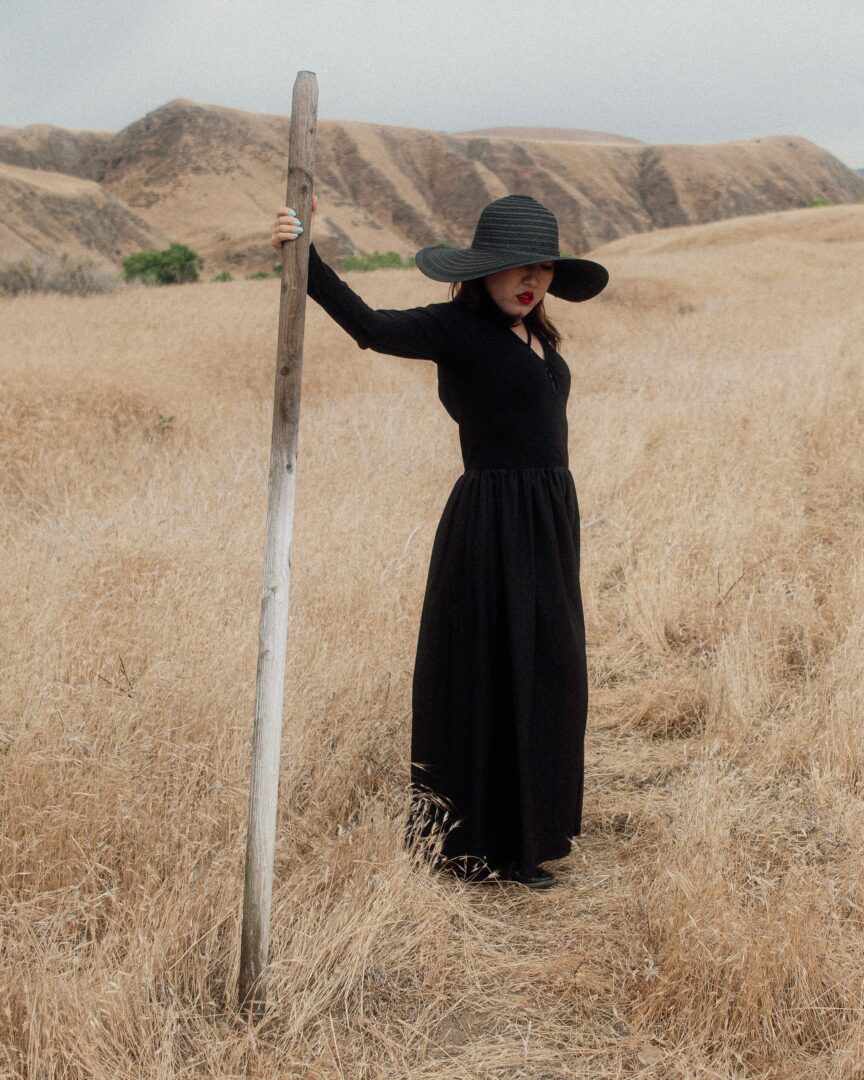
How can folks who want to work with you connect?
I’m looking for videographers who are interested in filming and editing dance films. I’d like to shoot in LA and use dance films to share my artwork both in Japan and the United States. If you’re interested in collaborating, please reach out to me on Instagram: @chibikaho.
Contact Info:
- Website: http://chibikaho.jp/?fbclid=PAZXh0bgNhZW0CMTEAAafi4I_orLLV0vYjUdg8tyCPnQezIv_x97HwGjBAy-iuccYmB_xKmMbALl3g_w_aem_622EsdFo6w51T2CvNeTzrQ
- Instagram: https://www.instagram.com/chibikaho?utm_source=ig_web_button_share_sheet&igsh=ZDNlZDc0MzIxNw==
- Youtube: https://www.youtube.com/@chibikaho_waackaho
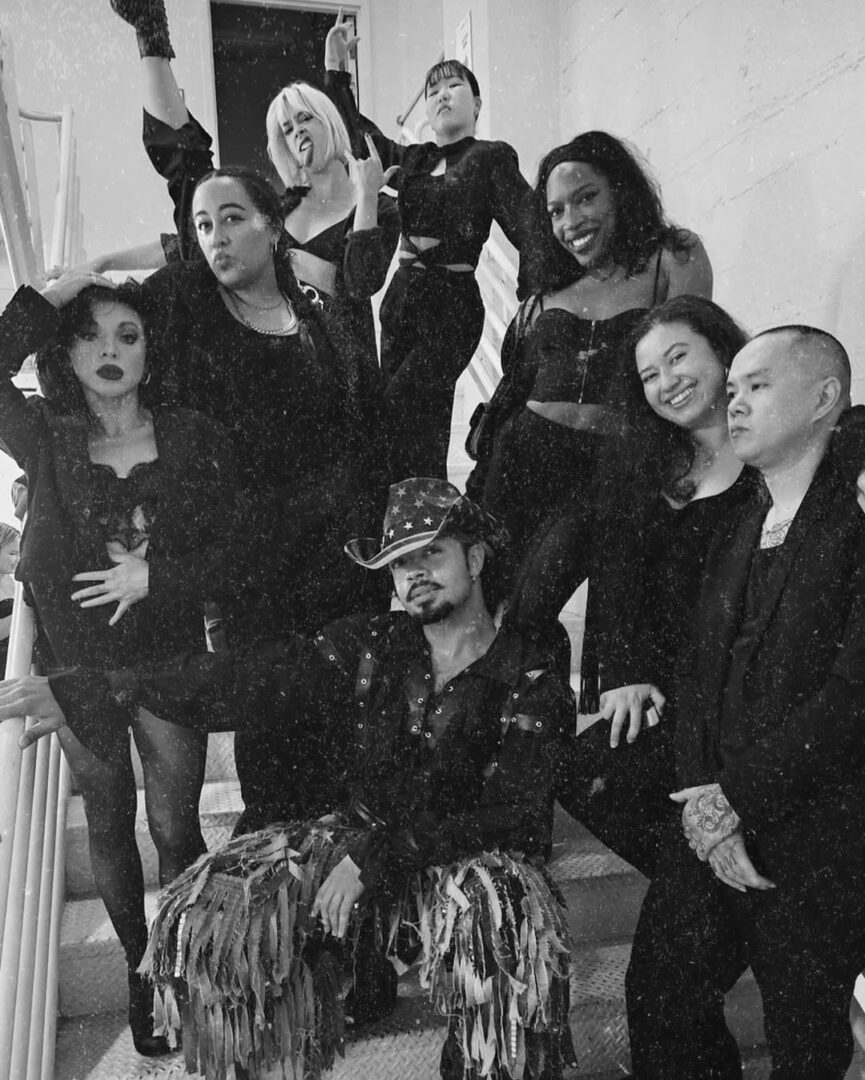
Image Credits
Personal Photo: Yukihiko Kuga
so if you or someone you know deserves recognition please let us know here.

